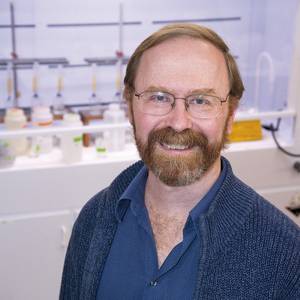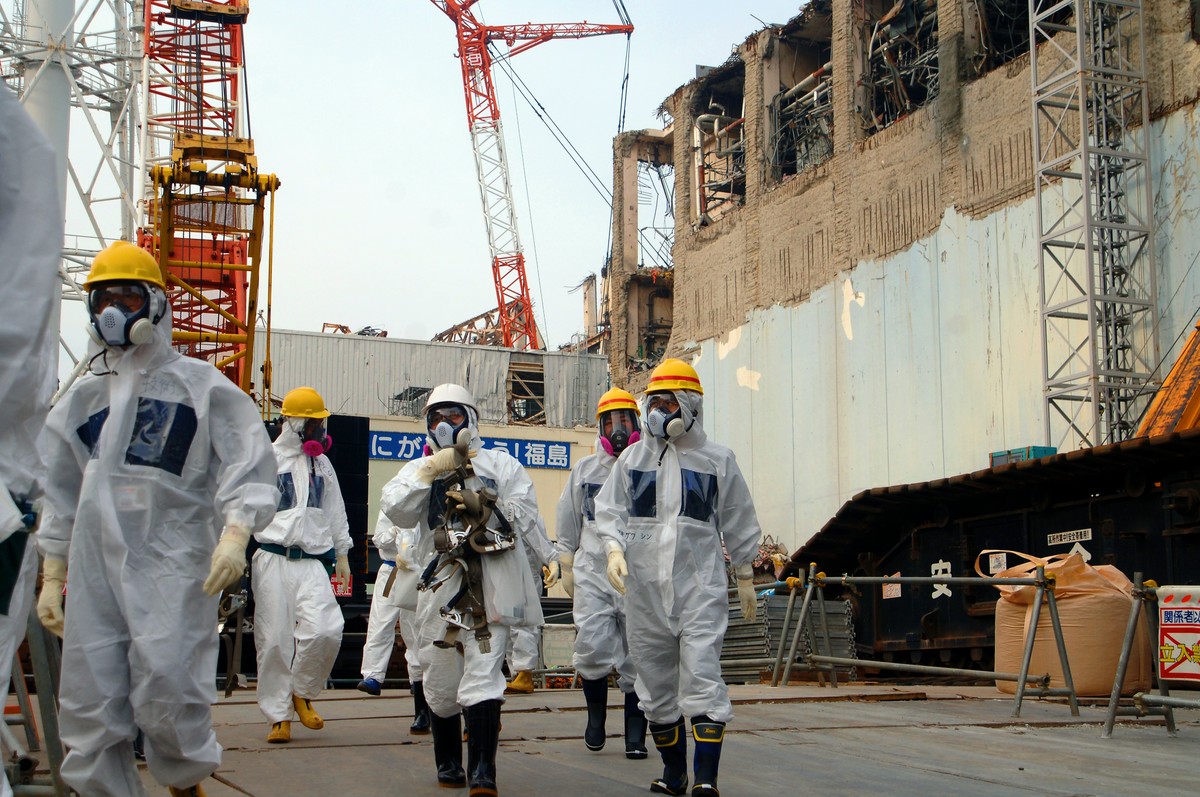Fukushima water discharge operation to the ocean worries
2023/08/23 Galarraga Aiestaran, Ana - Elhuyar Zientzia Iturria: Elhuyar aldizkaria

The Japanese government has announced that Fukushima’s radioactive waters will begin to flow into the ocean from tomorrow. In fact, in the very catastrophe of the Daichii plant, and in the subsequent stabilisation and cooling, the water, which has so far been stored in tanks, was heavily contaminated. Now they decide to pour into the ocean after being treated to eliminate radioactive isotopes and in a controlled way.
However, not all experts agree with the decision. The oceanographer Maxi Castrillejo Iridoy, for example, has been studying the radioactivity of marine waters near Fukushima for years, and although he is now investigating waters elsewhere, he is well aware of the situation. And he says, "It's a dangerous precedent."
He accepts that his situation in Fukushima is very “complicated” and that there is no easy or economic solution. Despite this, it considers that TEPCO (the company operating the Daichii plant) and the Japanese government, with the approval of the IAEA (International Atomic Energy Organisation), want to convey that the only possible possibility is to pour into the sea. However, for Castrillejo, this is very dangerous because “the nuclear industry has seen, when things are very complicated, to use the sea as a dustbin with international recognition.”
On the other hand, it does not rely very much on TEPCO, as the analyses carried out so far have not been sufficient in quality or quantity. “Hence the lack of trust in society, even mine.” He adds: “Data must be used to convince scientists and society.”
As Castrillejo said, the EIA has agreed to the operation and confirmed that almost all of the radioactivity to be poured comes from the tritium (a hydrogen isotope) and that its half-life is short (12.32 years) and that it only emits electrons. It has determined that electrons are not able to cross human skin; we can introduce them by mouth or by inhalation. But he stressed that the amount of titan to be spilled is insignificant compared to that of the sea.
Prior to discharge, the extraction of the remaining radioactive isotopes through the ALPS system has been prescribed. The Advanced Fluid Processing System or ALPS is a pumping and filter circuit able to extract 62 radionuclides. IAEA explains that the titer is the only one that cannot extract it, as the system cannot distinguish it from what the water has for itself, as it is at very low concentration. The EEA has therefore confirmed that the operation is safe and has recalled that it will be the EEA's watchdog, together with the Japanese government.
However, Castrillejo has questioned that in the treated waters there are no other radioactive elements such as transfer, cobalt and strontium. And it reiterates that for a company that lacks the firmness and credibility of analyses, more data must be requested before authorising discharges into nature.

Gai honi buruzko eduki gehiago
Elhuyarrek garatutako teknologia





